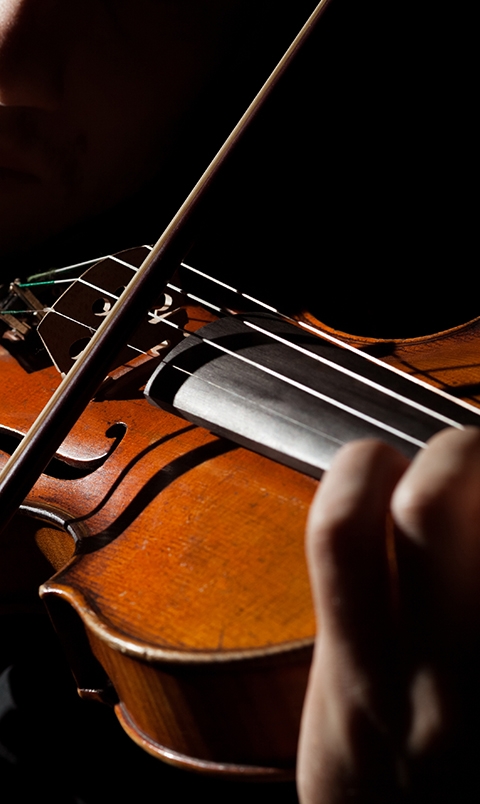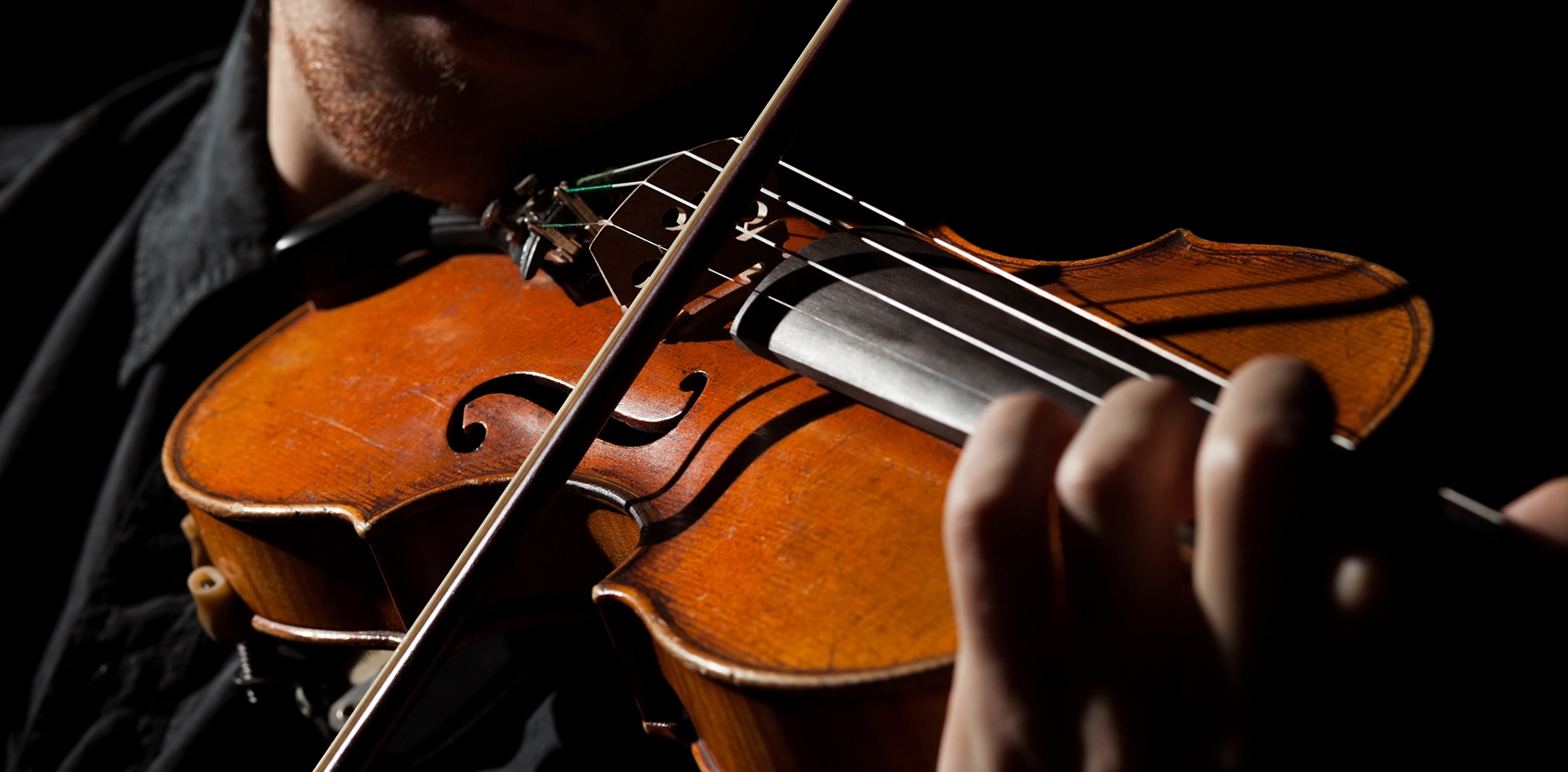Sound Waves and How Hearing Loss Affects Our Perception of Them


Sound Waves and How Hearing Loss Affects Our Perception of Them
10 min
Published January 27, 2025
If you're suffering from hearing loss, you're not alone. Over five percent of people worldwide need rehabilitation for healing loss and it's generally considered part of the process of growing older.
However, just because it's common, doesn't mean it's easy. People suffering from hearing loss might feel confused, bewildered, and even hopeless.
To overcome hearing loss, it's important to understand how hearing loss works. This article will teach you everything you need to know about sound waves and hearing loss.
Sound is a Physical Process
90 percent of information absorbed by the brain is visual. Humans are visual animals. Because we can see light, it's much easier to understand how it works.
Unfortunately, we can't see sound waves. When someone begins going blind, they immediately notice their quality of vision failing. However, people losing their hearing usually experience other people as not talking loud enough, and ask them to "speak up".
Hearing loss is especially frustrating because it's hard for us as humans to visualize sound as a physical process. It's hard to know how much is the fault of your own ears and how much is the fault of the outside world.
Sound Waves
Sounds are, in essence, vibrations. They're created as a result of a transfer of energy. The transfer of energy between a dropped cup and a wood floor gives off a distinct — bang! — sound; if the cup shatters, a different sound will be produced by the energy caused by the cup coming apart.
This energy produces vibrations in the air, which travel in waves. These waves can travel through solid surfaces as well (provided they are thin enough), which is why you can usually hear things happening outside of your door.
A knock on your door is almost always heard inside a house because energy is being transferred into the inside part of the door. If someone were to, say, knock on a piece of wood an inch away from your door, it might similar outside of the house, but it wouldn't sound nearly as loud outside.
Your Ear
Your body doesn't process "sound" until it enters your ear. Sound travels significantly slower than light does. This is why in phenomena that produce significant sights and sounds, the sight is seen before the sound is heard: i.e. fireworks.
The Role of the Brain
It's your brain's job, then, to interpret the signal received in the outer ear and communicated by the inner ear. Your sensory neurons transmit sound information into the various parts of your brain. The temporal lobe, auditory cortex, and thalamus are the auditory pathways the signals use to get interpreted by your brain.
The brain is key in helping you figure out exactly which sound you're hearing. If someone's hearing is damaged, they might get the wrong signal, and they could confuse two things that sound similar — say a whimpering dog and a squeaky chair — and become confused.
How Hearing Loss Alters Our Perception
Hearing loss interferes with our ability for our body to process the sound waves that our ear takes in. Someone developing hearing loss doesn't mean that their "ear doesn't work". It might, however, mean that part of the ear is malfunctioning. The most common type of hearing loss is sensorineural hearing loss. This happens when stereocilia, the tiny hair cells, become damaged, usually as a result of loud noise, high-pitched frequencies, and simple aging.
However, these hearing cells can also become damaged as a result of drug use, head trauma, certain diseases, and tumors. Certain people who develop severe ear infections might come away with permanent hearing losses as a result of damaged stereocilia.
Depending on the degree of hearing loss, and which stereocilia were damaged, different effects may occur. Someone with damage might not hear certain volumes of sounds, or certain frequencies, at all.
Others might hear most sounds fine, but have trouble with deep voices as a result of a loss of low-frequency hearing. Still others might misinterpret sounds that come in.
Hearing loss can be scary for those who understand it. Make sure you educate yourself or your loved ones who are experiencing hearing loss.
Understanding Hearing Loss is Important
While it can be scary to think about, understanding hearing loss and sound waves is extremely important. No one can get support for their damaged hearing if they don' know what's going on with them in the first place.
Understand that the way the body hears in the first place, so you can better understand what has caused your hearing loss. You shouldn't worry if you can't make out certain noises — it does not mean you're going crazy. There is help out there for those experiencing hearing loss, contact us today for support.




